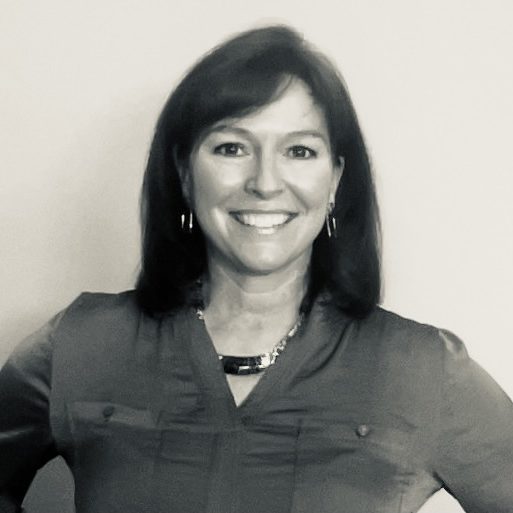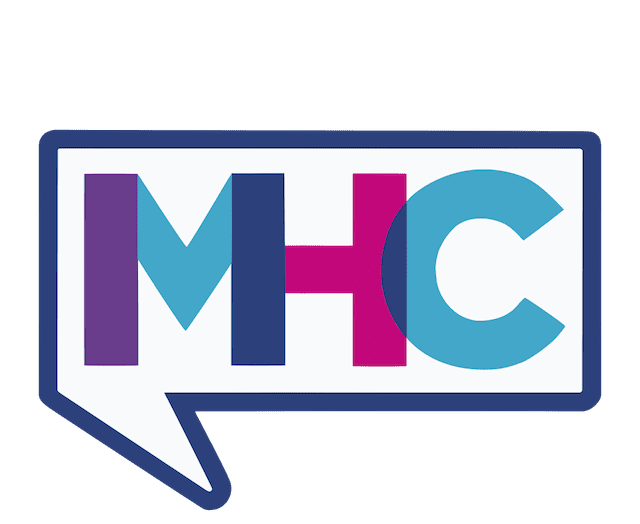Each week this month, we’ll introduce you to one of the skilled professionals who deliver our Mental Health Essentials programs in schools, workplaces, organizations, and communities. We’ll continue these spotlights beyond May to highlight the people who bring our mission to life and the meaningful impact they make daily.

Trainer Spotlight: Karen Renaud, Educational Trainer M.Ed., NBC-HWC, CiWPP
Tell us a bit about you: My name is Karen Renaud, originally from Rhode Island, and I have 28 years of experience living and working in Massachusetts before relocating to Florida. I’m a wellness educator, certified personal trainer, and board-certified health and wellness coach specializing in Positive Psychology. I’ve proudly been an MHC trainer since 2021. My entire career has been centered around wellness. I spent 23 years in public education as a Wellness teacher and director. I continue to offer professional development graduate courses and workshops for educators on topics such as the science of happiness, stress management, and self-care, in addition to facilitating graduate courses. Currently, I work as a health coach and trainer, focusing on all aspects of well-being, with a particular passion for the mind-body connection.
What made you want to become a trainer with MHC? I first discovered the impact of MHC while working as the K-12 Wellness Subject Matter Leader for a Public School system, where I taught the Mental Health Essentials Student Curriculum to 9th and 10th graders. I quickly realized that this was vital education that every student across the country should experience, and when the opportunity to join the MHC team arose, I enthusiastically embraced it!
What needs have you seen for MHC’s mental health education programs in your community? The need for mental health literacy programs has always been present, but a little over ten years ago, we saw a significant rise in mental health-related issues on the Metrowest Adolescent Health Survey and the Youth Risk Behavior Survey. The growing concern at that time prompted us to take action, and since the lockdowns, that need has escalated dramatically. This issue is not confined to one community; it’s a nationwide challenge. In my work with educators across the country, I hear the same story repeatedly.
How do MHC Programs stand out in your opinion? When I was searching for a mental health education program for our students, there were several key factors I considered. First, it had to be research-based. Second, it needed to be ready for implementation from day one—teachers are too busy to create a curriculum from scratch, so we needed something that was both comprehensive and flexible enough to adjust to our students’ needs and teaching style. Third, I wanted a train-the-trainer model because I believe it’s crucial for educators, who have established relationships with students, to be the ones delivering the curriculum on these sensitive topics. MHC met all these requirements and more. It exceeded my expectations!
Can you share an impactful moment from a program you’ve done recently? Yes. I hosted a Community of Practice meeting for our Mental Health Essentials Beyond High School program and one of the teachers who had been delivering the curriculum shared that a recently graduated student had reached out to them to share an experience. The student recognized that a friend was in crisis and knew what to do because of what they had been taught in the curriculum. They were able to get their friend connected with the help that they needed and potentially saved a life. I’m getting teared up just thinking about it. This is why we do this work.
